MPs from across the political spectrum have spoken about the curdling impact of legal threats and called for action on an anti-SLAPP law
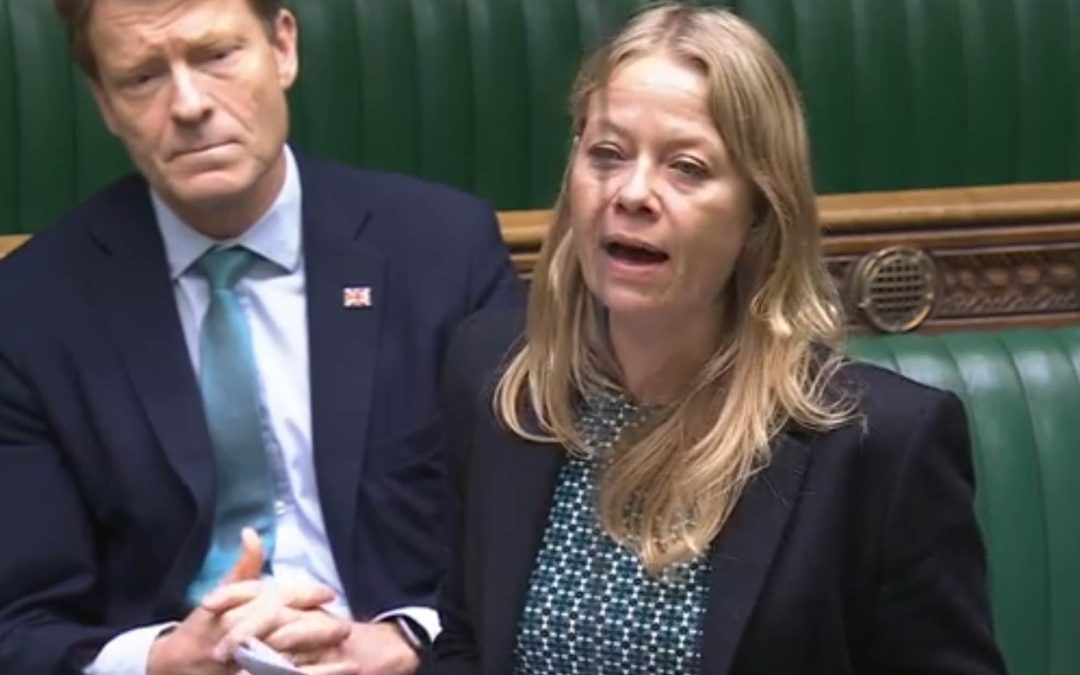


MPs from across the political spectrum have spoken about the curdling impact of legal threats and called for action on an anti-SLAPP law
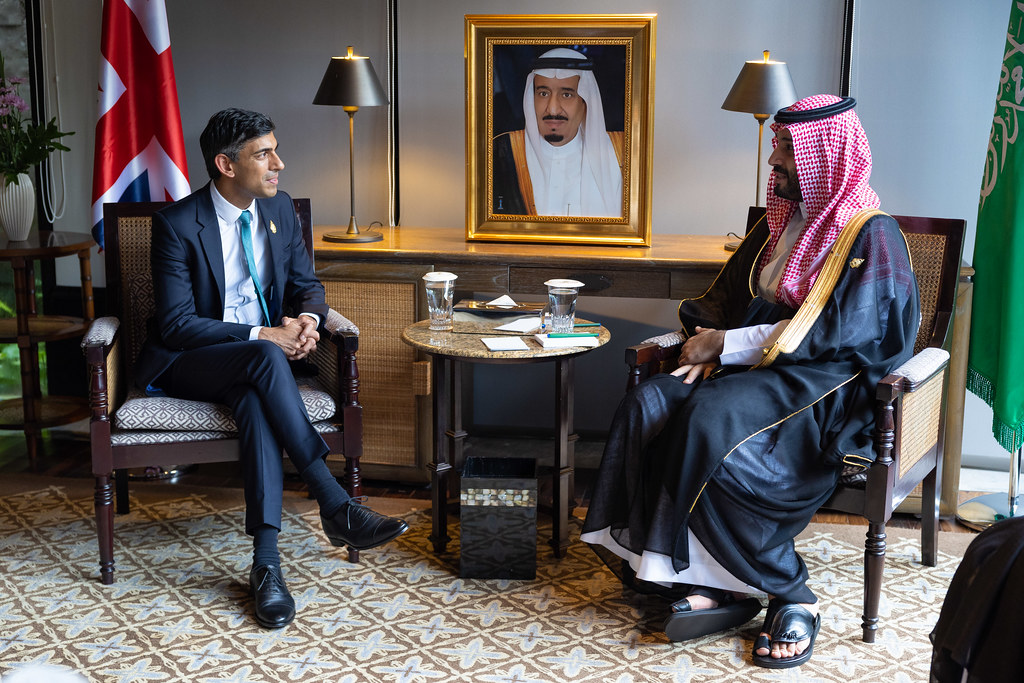
As we continue to mark the ongoing detention of University of Leeds PhD student Salma al-Shehab, we look at what could have been discussed at this morning’s meeting
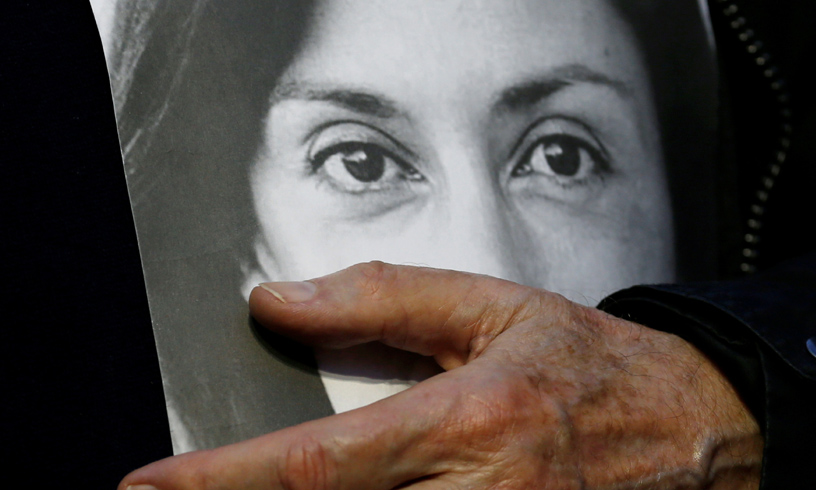
In the five years that have passed since Daphne Caruana Galizia’s death, her family have had to fight to demand both justice and accountability for Malta

Following Edward Snowden’s revelations outlining the capabilities of intelligence agencies to monitor private online communications journalists are confronting a moment of hesitation.

A piece of proposed legislation in the senate in Australia is attempting to wrestle with the legacy of the Snowden leaks with potential implications for media freedom. Nicholas Williams reports
The sentencing of journalists for doing their jobs in Egypt has prompted an international outcry. But what happens when journalists are prevented from doing their jobs freely? Nicholas Williams reports
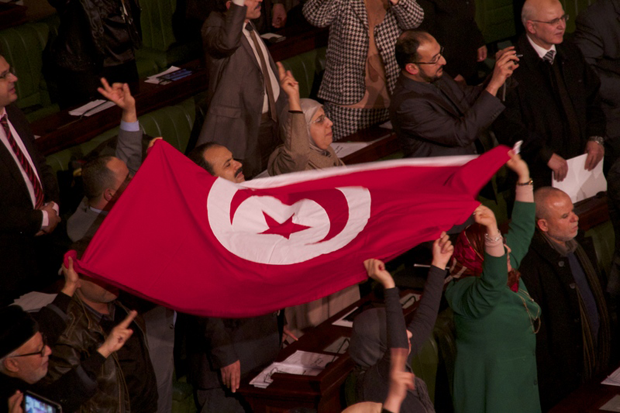
The recent creation of Tunisia’s Technical Telecommunication Agency threatens to undermine progress the country has made — all in the service of digital surveillance. Nicholas Williams writes

State surveillance has been much publicised of late due to Snowden’s revelations, but allegations against the NSA and GCHQ are only one aspect of the international industry surrounding wholesale surveillance, writes Nicholas Williams
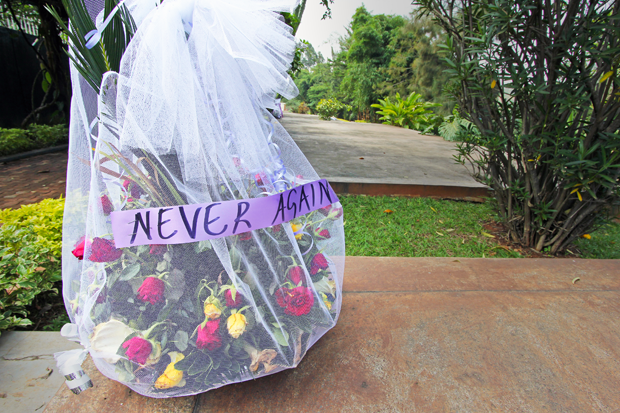
In the years that have followed the 1994 Rwandan Genocide, the peace that has emerged is one defined by consolidated state control. But as Nicholas Williams explains, media reforms may change that.
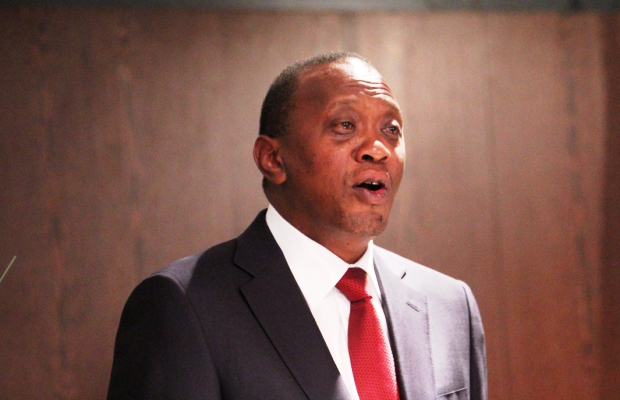
While testing Kenya’s eagerness to confront the legacy of 2007 these cases offer up a further test; the ability of Kenya’s media institutions, journalists and citizens to freely interrogate the proceedings. Nik Williams reports